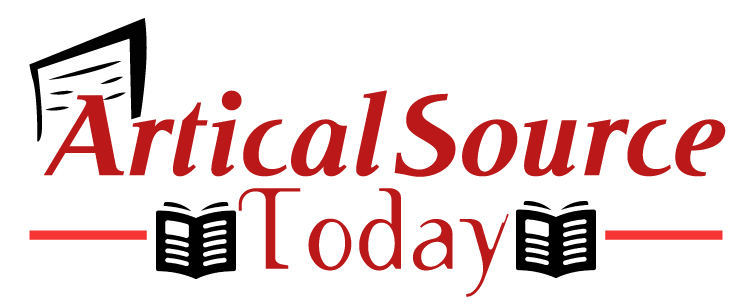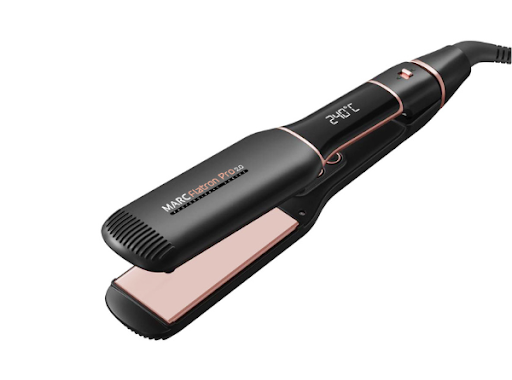Qualifying For, And Benefiting From, The Seed Enterprise Investment Scheme

The Seed Enterprise Investment Scheme is a government initiative that was established in 2012 in order to incentivize seed funding of start ups in the UK. The scheme offers tax relief benefits to private investors who invest in these businesses, with the hope of stimulating the growth of the economy and encouraging entrepreneurship.
The Seed Enterprise Investment Scheme (SEIS) scheme has been very successful in achieving its original aims. Some of the most recent statistics from HMRC show that £189 million was raised for 2,320 companies in the 2017–2018 tax year. This demonstrates the scheme’s ability to stimulate seed funding / investment in start ups in the UK and encourage entrepreneurship.
Seed Enterprise Investment Scheme – Rules For Companies
Seed Enterprise Investment Scheme (SEIS) offers businesses the ability to raise funds that would be hard to secure as if regular non tax advantaged seed funding was being sought:
- Eligible businesses can raise up to £150,000 through Seed Enterprise Investment Scheme (SEIS) funding
- Funds raised through Seed Enterprise Investment Scheme (SEIS) shares must be used to grow or develop the business, present a risk of loss of capital for the investor, and cannot be used to buy all/part of another business
- Funds must be spent within 2 years of investment or the date you started trading, whichever is later.
Seed Enterprise Investment Scheme – Rule for Investors
Investors who want to take advantage of the Seed Enterprise Investment Scheme (Seed Enterprise Investment Scheme (SEIS)) must be UK taxpayers. They are not allowed to be company employees, but they can be a paid director. Family and friends, certain family members can’t claim Seed Enterprise Investment Scheme (SEIS) benefits as they count as “associates” of the company. These include spouses, civil partners, parents, and children – but not siblings.To qualify for Seed Enterprise Investment Scheme (SEIS) tax relief, the investor must not hold more than 30% of the company’s overall shares. He or she is also technically disqualified from liquidation preference, but there is a workaround by using “A Ordinary Shares”.
Seed Enterprise Investment Scheme (SEIS) investors include:
- Up to 50% income tax relief offset against the amount invested
- Capital Gains Tax relief of 50% on investment in a non-Seed Enterprise Investment Scheme (SEIS) company, if the gains from that investment are reinvested into an Seed Enterprise Investment Scheme (SEIS)-eligible company
- No CGT payable for any gains from the Seed Enterprise Investment Scheme (SEIS) investment, as long as shares are held for at least 3 years
- If the business performs badly, the investor can claim loss relief equivalent to his or her highest rate of income tax
- No inheritance tax is payable on Seed Enterprise Investment Scheme (SEIS) shares as long as they are held for at least 2 years
- Tax relief can be carried back to the previous tax year, providing that the investor had not already invested the maximum of £100,000 under Seed Enterprise Investment Scheme (SEIS) in that year.
Is my Company Eligible for Seed Enterprise Investment Scheme (SEIS)?
In order to be eligible for Seed Enterprise Investment Scheme (SEIS), your company must meet certain requirements.
These include making sure that your business activities don’t fall under one of HMRC’s excluded trades and that your activities must be a “substantial” proportion of your overall business. Eligibility may also not be affected if you are simply supporting an excluded trade. For more information, please see HMRC’s website. But generally speaking the SEIS scheme is primed for high tech, high growth potential investing like technology or robotics investing.

The next step in checking your company’s Seed Enterprise Investment Scheme (SEIS) eligibility is to compare it against some figures. You must have been trading for less than 2 years and employ fewer than 25 people. Your company cannot possess more than £200,000 in gross assets.
You may still qualify for Seed Enterprise Investment Scheme (SEIS) if your company is not UK-owned, providing you can prove that you have a “permanent establishment” in the UK. This could be shown by having a fixed place of business in the UK or by having a UK-based agent who conducts regular business on your behalf.
The Risk to Capital Condition requires you to prove that your company poses a risk to investors, in order to qualify for the Seed Enterprise Investment Scheme (SEIS) investment scheme. This means you have to perform a bit of a balancing act: between convincing HMRC that you pose a risk and convincing investors that funding you is a sound financial proposition!
What is Advance Assurance for the Seed Enterprise Investment Scheme (SEIS)?
So, you’ve established that you should qualify for Seed Enterprise Investment Scheme (SEIS) funding and you want to tell investors all about the exciting investment opportunities you can offer.Stop for one moment. If you are going to convince investors to fund your enterprise, they will want to see some form of “proof” that their investments will be eligible for Seed Enterprise Investment Scheme (SEIS) tax relief. That’s where Advance Assurance (AA) comes in.
An Advance Assurance (AA) is a certificate from HMRC that confirms that an enterprise meets the requirements for Seed Enterprise Investment Scheme (Seed Enterprise Investment Scheme (SEIS)) funding. This can be helpful in convincing investors to fund your enterprise, as it provides assurance that their investments will be eligible for Seed Enterprise Investment Scheme (SEIS) tax relief.
The application process for Advance Assurance is relatively simple. First, you’ll need to complete an application form and provide detailed information about your enterprise. Once your application has been reviewed, HMRC will issue a certificate confirming that your enterprise meets the Seed Enterprise Investment Scheme (SEIS) requirements.
If you’re considering applying for Seed Enterprise Investment Scheme (SEIS) funding, it’s important to note that you must have Advance Assurance in place before any investments are made. This means that you should apply for AA as soon as possible, especially if you plan to raise funds in the near future.
For more information on Advance Assurance and how to apply, visit the HMRC website or contact your local tax office.
How do I invest in SEIS qualifying companies?
There are a couple of ways of investing in SEIS qualifying companies. First is to try and source these opportunities yourself and perform a direct investment. One of the advantages of this is being able to have a direct relationship with the founder. However these opportunities can be hard to source, they don’t allow for diversification and the level of investment needed for a founder/investor relationship to be established is at least a £10-20K investment.
Another way of investing in Seed enterprise investment scheme companies is via funds which specialize in investing in seed funding in SEIS qualifying UK based start ups. This can allow access to the tax scheme advantages of SEIS but without the hassle of having to find qualifying companies yourself. Funds in the area can range from general scope funds which invest in everything from consumer to space tech, right through to specialist funds which focus on one area like robotics investing.
In sum then, the Seed Enterprise Investment Scheme (SEIS) is a government backed program that incentivizes investors investing in start ups in the UK. If your company qualifies and you can find investors, the SEIS offers some great benefits, including 50% income tax relief on investments and exemption from Capital Gains Tax on profits made from the sale of shares in qualifying companies. We hope this article has helped to give you a better understanding of the Seed Enterprise Investment Scheme and how it can benefit your business or your investment portfolio.


